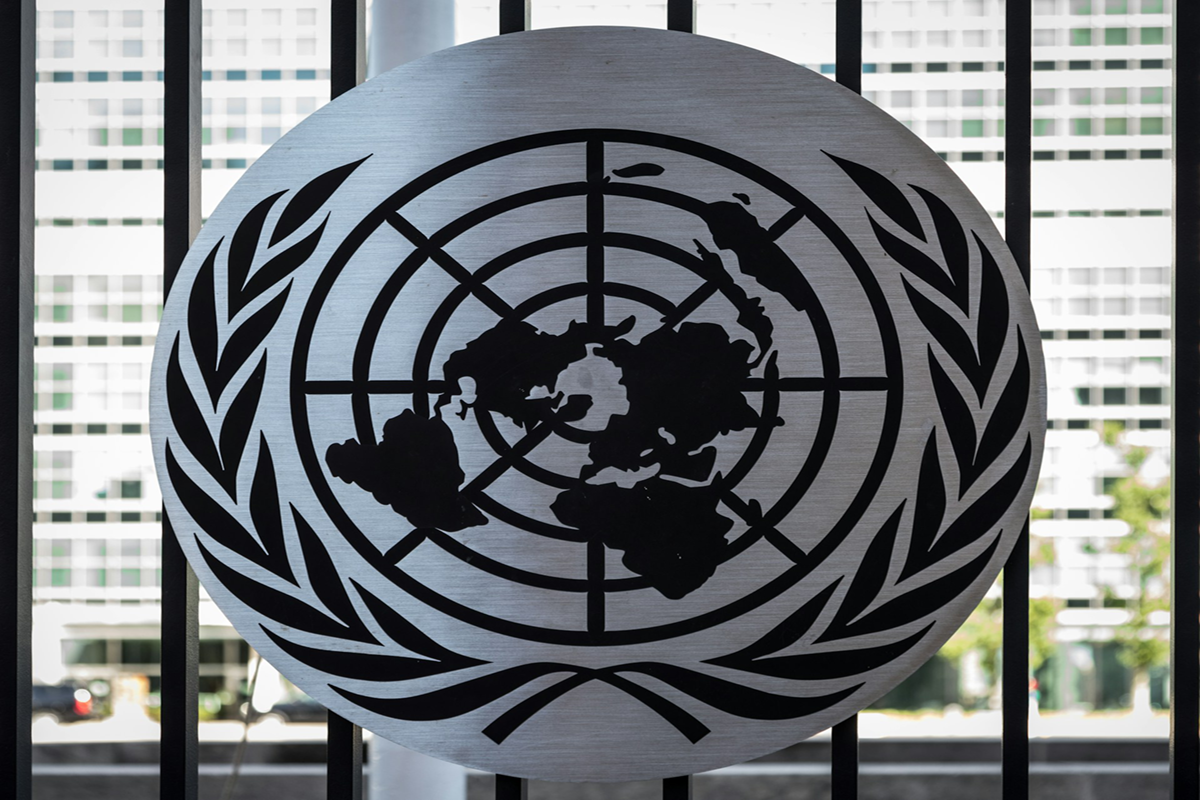Snapback Sanctions Return

The Regulations Amending the Regulations Implementing the United Nations Resolutions on Iran (SOR/2025-202) reaffirm Canada’s commitment to enforcing United Nations Security Council (UNSC) decisions on international peace and nuclear non-proliferation. These amendments restore a comprehensive set of sanctions against Iran following the reactivation of measures under the UN’s “snapback” mechanism. This decision follows the determination by France, Germany, and the United Kingdom (the E3) that Iran has significantly violated its obligations under the Joint Comprehensive Plan of Action (JCPOA).
The move marks a return to the stringent sanctions regime first imposed by the UNSC between 2006 and 2010 through Resolutions 1737, 1747, 1803, and 1929. These earlier resolutions sought to constrain Iran’s nuclear enrichment activities and ballistic missile development after the International Atomic Energy Agency (IAEA) confirmed Iran’s operation of undisclosed nuclear facilities in 2003. Canada, as a UN member state, is legally bound to implement such resolutions under Article 25 of the UN Charter, which mandates adherence to decisions taken under Chapter VII addressing threats to international peace.
Following the JCPOA’s adoption in 2015, the UNSC endorsed the agreement through Resolution 2231, which lifted many of the previous sanctions in exchange for Iran’s commitment to nuclear limitations and international monitoring. Canada adjusted its own Special Economic Measures (Iran) Regulations in 2016 to align with progress under the deal, while maintaining restrictions on sensitive materials.
The 2025 amendments to Canada’s UN Iran Regulations thus re-establish prohibitions on a wide range of activities related to nuclear, missile, and conventional arms development. Canadians and persons in Canada are barred from exporting, selling, or transferring to Iran any equipment, materials, or technologies that could contribute to uranium enrichment, reprocessing, or heavy water production.
The amendments also prohibit the acquisition of arms or related materials from Iran, the provision of technical assistance, financial services, or investment related to banned goods, and the offering of bunkering or servicing support to Iranian vessels engaged in prohibited transport, except for humanitarian reasons.
In addition to trade and financial measures, the reinstatement of sanctions automatically restores travel bans and asset freezes previously imposed by the UNSC’s 1737 Committee on 41 individuals and 75 entities associated with Iran’s nuclear and military sectors. The names of these individuals and organizations are incorporated into Canadian law through direct reference to the UN’s Consolidated List.
The restored restrictions are intended to constrain Iran’s capacity to advance its nuclear weapons and missile programs, reinforce global non-proliferation norms, and maintain consistency with collective UN action against threats to international stability.
Canada (202/2025) October 28, 2025
Disclaimer: Insights are for informational purposes only and do not reflect RRI’s official position or constitute legal opinion.
